'Alofa' in the Pasifika - Beyond Roses and Chocolate
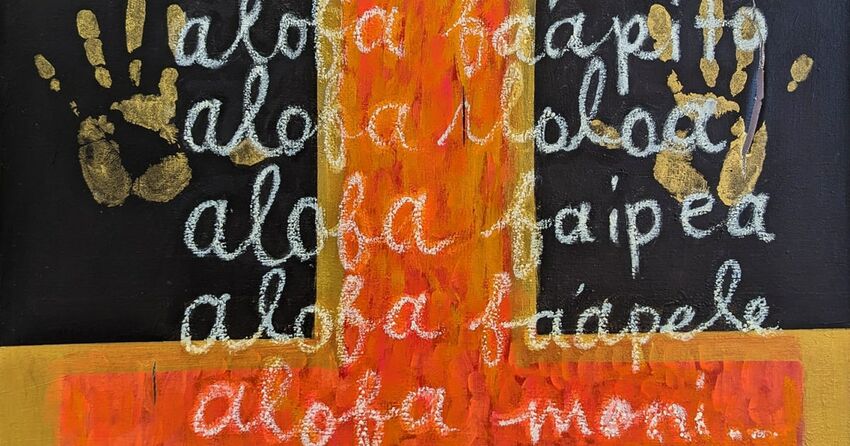
Why our forms of loving are always about the Va.
"The mana (power) of love is...about the mana of being connected to family, culture, community, environment, and spirituality."
The palagi model of love is on overdrive on Valentines Day, focussing on the romantic love between two people, and giving all those who arent coupled up to feel the ‘less than’ feels..
But love in the Pacific isn’t just about romantic relationships. It can more importantly be about connection — to family, community, ancestors, spirituality, and even the environment. This Valentine’s, if you're single, maybe take a moment to think about all the other kinds of love in your life.
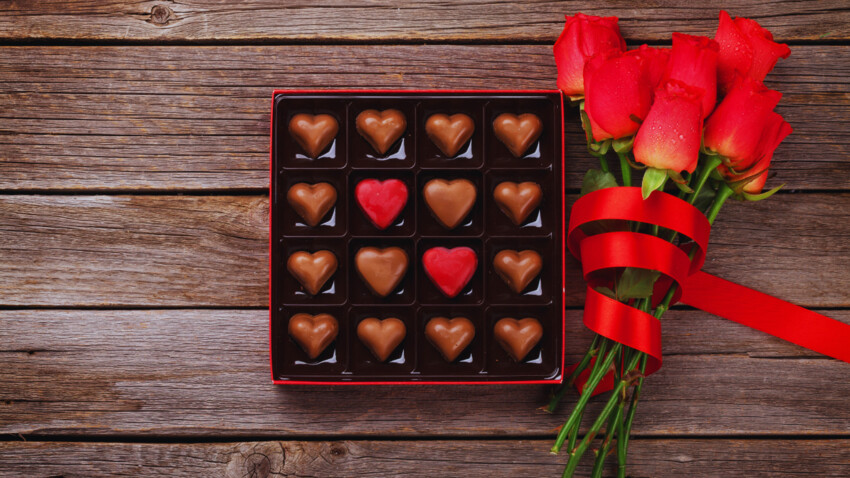
PhD student Reni Maiava describes the Pacific way of loving as relational, meaning it’s about the bonds we share with others, not just how we feel about someone.
Maiava’s research explores Pacific women's views on love, shaped by their culture, Christian faith, and location, to develop a theology of love that nurtures values, enhances life, and promotes healthy relationships -she stated
"A Pasifika (Pacific Indigenous and Pacific Diaspora) concept of love is relational and connected with different dimensions," she explains.
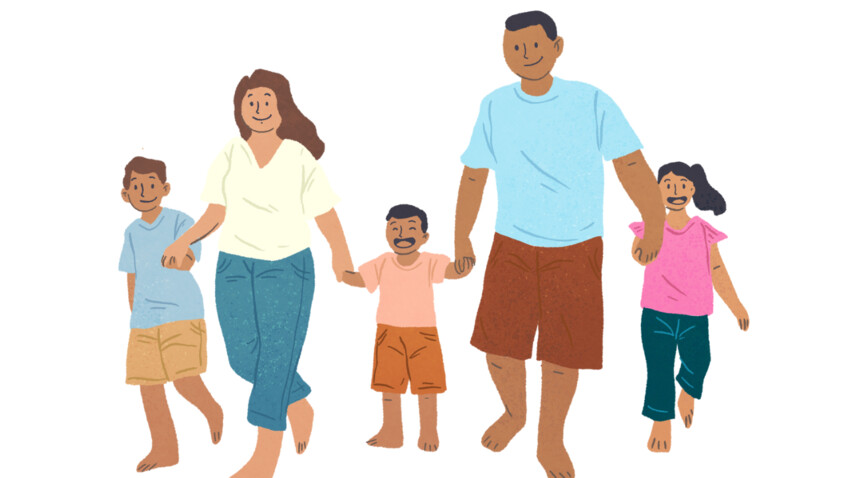
"In general, each of the ethnic groups within the South Pacific Islands are communal cultures who are spiritually and environmentally aware. Our Pasifika identity is connected to our parents, siblings, wider family, village, ancestors, spirituality, faith-based community and natural environment." says Maiava
Unlike Western cultures, which often focus on individualism, Pasifika love is deeply tied to community and shared responsibility. "Whereas generally the Western/Palagi culture tends to be individual — can identify as a singular person apart from who their parents are, ancestry, relatives, spiritual belief and communities or groups they are part of."
At the heart of this relational love is the concept of ‘Va’,the word that represents the space between people — how we connect with each other, with our spirituality, and with the world around us.
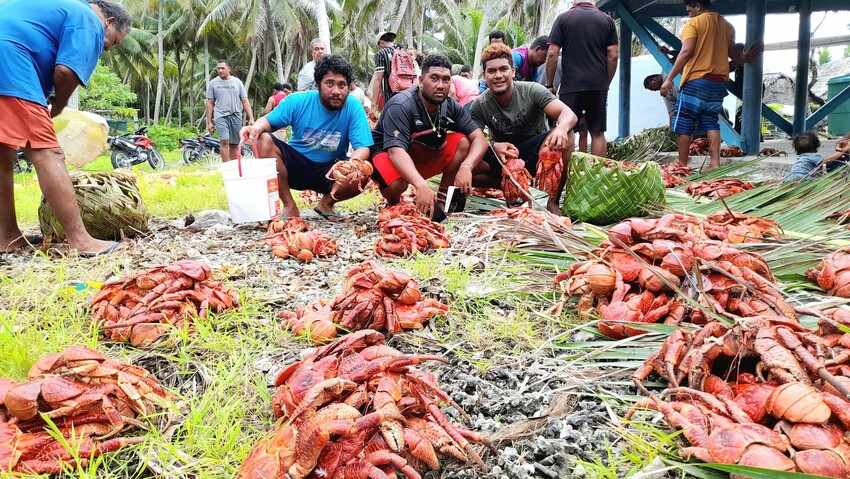
“‘Va’ is vital in all our relationships, and shaping how Pasifika people love and connect to other people, God or spirituality and all of creation," she shares. "We first experience the va, love and connections within our families who raised us. We also learn how to care for the va, and how to love and connect with others from our family and communities we grew up in. These early experiences and learnings are foundational."
In Pacific cultures, love is often shown through actions: serving others, fulfilling family duties, and looking after one another. It’s about giving, not just taking.
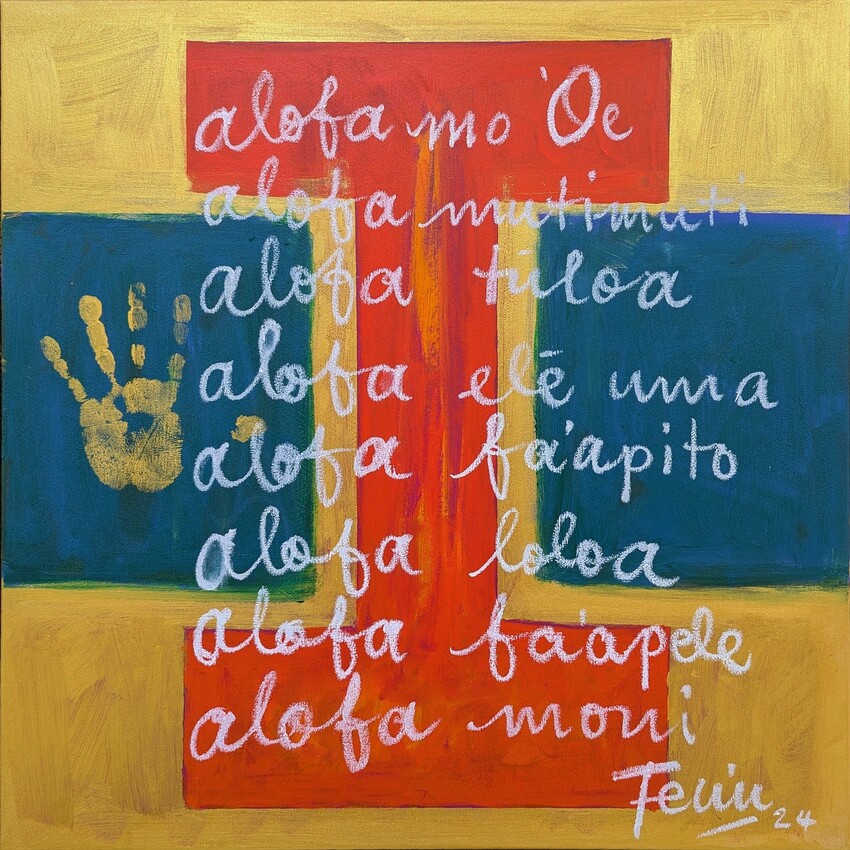
Artist Fatu Feu'u depicts the different expressions of alofa in his work now displayed at the Bergman Gallery
He lists them as follows in his works
Alofa mo ‘oe – love for you
Alofa mutimuti – delicate love
Alofa tūnoa – ancient love
Alofa elē uma – never ending love
Alofa fa’apito – special love
Alofa loloa – long lasting love
Alofa moni – true love
This is different from the Western view of love, which can sometimes focus more on what we get from the relationship rather than how we support each other.
Maiava also emphasises that while there are differences in the way love is expressed, the mana (power) of love in Pasifika cultures remains strong, rooted in connection and respect.
At the end of the day, the mana of Pacific love is about more than just romance. It’s about everything that connects us and helps us care for one another, whether it’s family, friends, or the world around us.
-
Our different expressions of ‘alofa’
Community love in the time of tragedy: https://www.thecoconet.tv/coco-talanoa/coco-news/love-letters-to-tonga/
Romantic love for different communities:
Love your Pasifika hair!
Some poly lovesongs for your day:
-
By Tikilounge Productions & Creative New Zealand Toi Aotearoa
Arts & Culture Journalist Destiny Momoiseā
